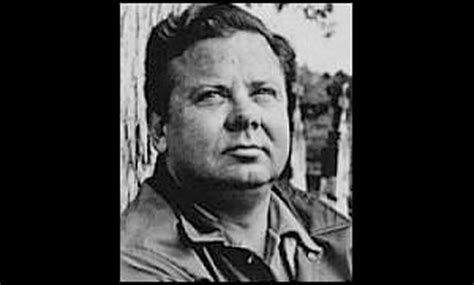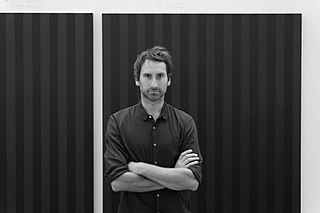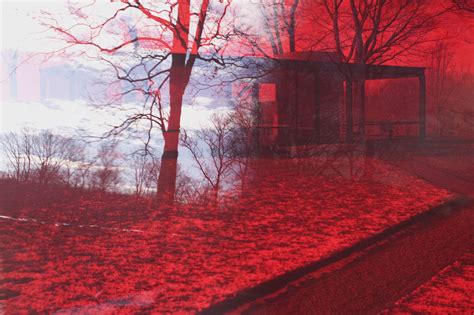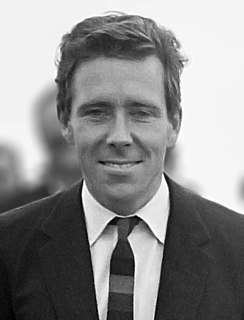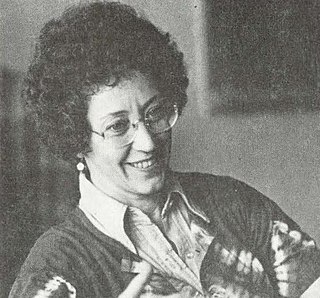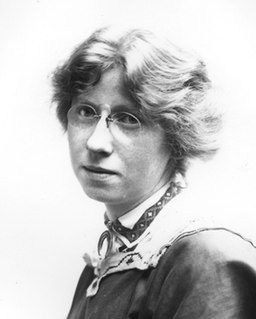A Quote by Susan Sontag
Between two fantasy alternatives, that Holbein the Younger had lived long enough to have painted Shakespeare or that a prototype of the camera had been invented early enough to have photographed him, most Bardolators would choose the photograph. This is not just because it would presumably show what Shakespeare really looked like, for even if the photograph were faded, barely legible, a brownish shadow, we would probably still prefer it to another glorious Holbein. Having a photograph of Shakespeare would be like having a nail from the True Cross.
Quote Topics
Alternatives
Another
Barely
Because
Been
Between
Camera
Choose
Cross
Early
Enough
Even
Faded
Fantasy
Glorious
Had
Having
Him
Invented
Just
Just Be
Just Because
Like
Lived
Long
Looked
Most
Nail
Painted
Photograph
Photographed
Prefer
Prototype
Really
Shadow
Shakespeare
Show
Still
True
Two
Were
Would
Would Be
Younger
Related Quotes
I came across a photograph of him not long ago... his black face, the long snout sniffing at something in the air, his tail straight and pointing, his eyes flashing in some momentary excitement. Looking at a faded photograph taken more than forty years before, even as a grown man, I would admit I still missed him.
How foolish of me to believe that it would be that easy. I had confused the appearance of trees and automobiles, and people with a reality itself, and believed that a photograph of these appearances to be a photograph of it. It is a melancholy truth that I will never be able to photograph it and can only fail. I am a reflection photographing other reflections within a reflection. To photograph reality is to photograph nothing.
All the unimaginative assholes in the world who imagine that Shakespeare couldn't have written Shakespeare because it was impossible from what we know about Shakespeare of Stratford that such a man would have had the experience to imagine such things - well, this denies the very thing that separates Shakespeare from almost every other writer in the world: an imagination that is untouchable and nonstop.
It's like he would take a photograph of Sam, and the photograph would be beautiful. And he would think that the reason the photograph was beautiful was because of how he took it. If I took it, I would know that the only reason it's beautiful is because of Sam. I just think it's bad when a boy looks at a girl and thinks that the way he sees the girl is better then the girl actually is. And I think it's bad when the most honest way a boy can look at a girl is through a camera. It's very hard for me to see Sam feel better about herself just because a boy sees her that way.
A photograph records both the thing in front of the camera and the conditions of its making... A photograph is also a document of the state of mind of the photographer. And if you were to extend the idea of the set-up photograph beyond just physically setting up the picture, I would argue that the photographer wills the picture into being.
I think it is quite wrong to photograph, for example, Garbo, if she doesn't want to be photographed. Now I would have loved to photograph her, but she obviously didn't want to be photographed so I didn't follow it up. Then somebody will photograph her walking down the street because she has to walk down the street, and I mind that sort of intrusion. I think this is horrible.
If man had written the Gospels - say Shakespeare or Eugene O'Neill - the story of the gospel would have been drastically different. They would have placed the prince in halls and palaces and had him walking among the great. They would have had him surrounded by the important and significant of the time. Potentates and kings would have been His companions. But how sweetly common was the real God-man; though He had inhabited all eternity, He had come down and was subject to the rising and the setting of the sun.
After I have photographed the way I like to, I feel as I might if I had been making love all day, marvelous and exhausted and wanting to collapse on the floor in a heap. That's why I can't photograph just anybody, and why it's so hard to photograph people on assignment; it's like going to bed with someone not of my choosing.
Photographs bear witness to a human choice being exercised in a given situation. A photograph is a result of the photographer's decision that it is worth recording that this particular event or this particular object has been seen. If everything that existed were continually being photographed, every photograph would become meaningless.

